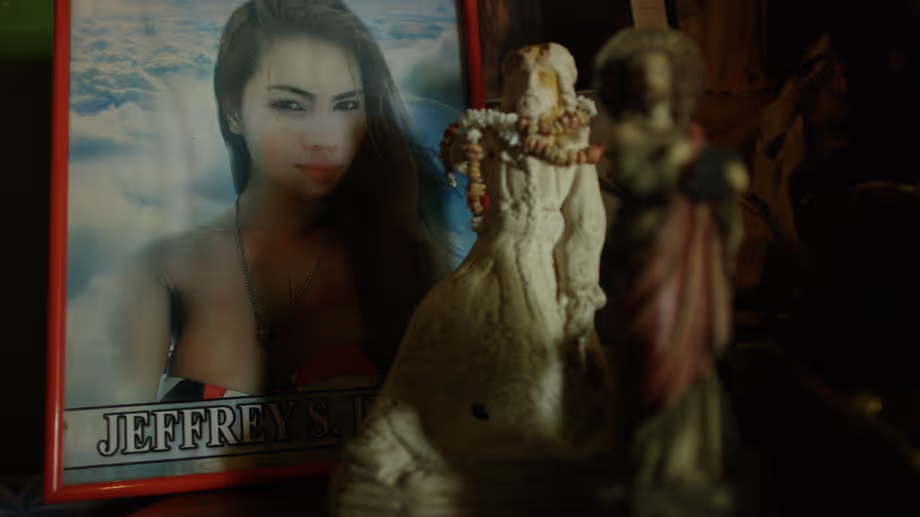Call Her Ganda: Discussion Guide Discussion Prompt: Transgender Identity
Discussion Prompt: Transgender Identity

While Pemberton may have been accepting of his sister’s sexual orientation, he was not comfortable with Jennifer Laude’s gender identity. In what ways might Laude’s experiences have been different from those of Pemberton’s sister? How might people be treated differently for their gender identities? How might they be treated differently for their sexual orientations?
Naomi Fontanos says of the trans community, “We've been forced to be part of niche industries like the beauty industry or the sex industry… A lot of my trans friends are actually doing sex work, and they’re saying it’s survival sex work.” Why do you think trans people in the Philippines may be turning to sex work for survival? How could policy and culture in the Philippines enable alternative ways for trans women to support themselves?
The journalist Meredith Talusan observes that many people are invested in representing Pemberton as a monster, “even if somebody is outwardly thinking that they don’t have these views against trans people… There’s all [this] surrounding environmental and societal messages that they’re receiving that would lead them to these types of actions.” What is the danger in presenting Pemberton as an anomalous, uniquely evil killer? How did widely-held assumptions and attitudes about trans people influence Pemberton’s crime and the conversations around it? Can the law and the judicial system sanction discrimination without explicitly addressing it?
In the film, we learn that a transgender community in the Philippines has been documented since pre-colonial times. Spanish colonists “took note of male-bodied people who carry themselves as women. They worked as spiritual leaders in their communities. Were known as the babaylan.” Fontanos explains that the Catholic Church “vanquished the babaylan or the shaman [by making them seem] scary… a witch or an aswang. We were othered by the church.” Do you know of any indigenous beliefs and practices that create space for gender nonconforming people? How does colonialism impact a society not only economically but also culturally?
What kinds of challenges do you think transgender people face in your community? What are some ways that policy can be changed to better protect trans people, especially trans people of color, from violence and exploitation?
